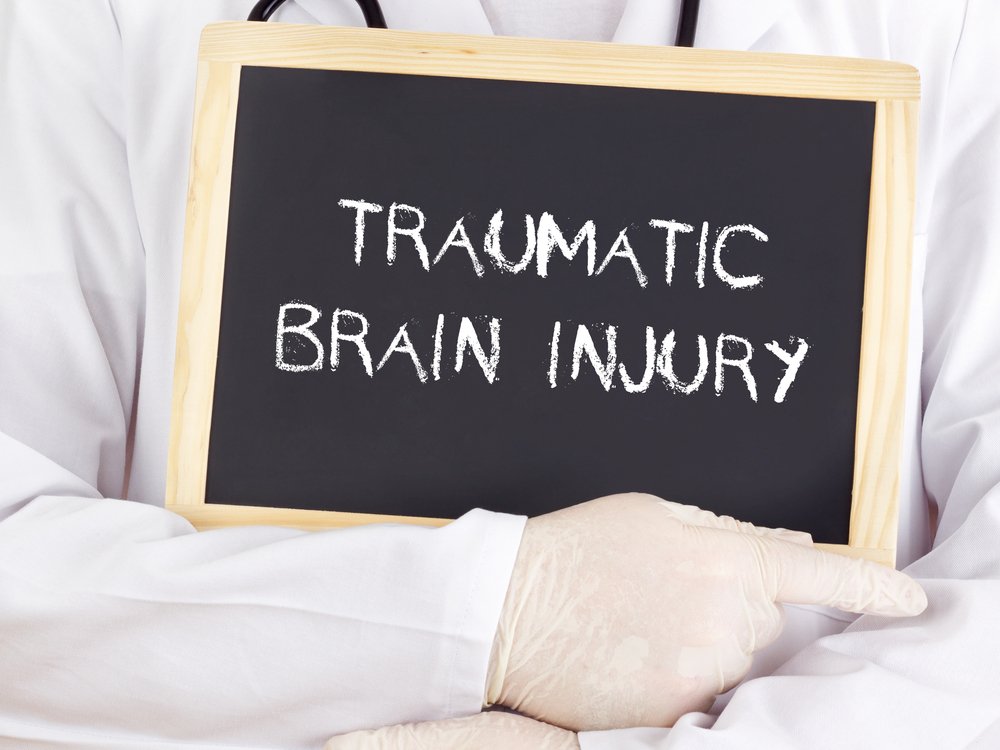Traumatic Brain Injury May Increase Risk of Dementia, but Not ALS, Study Reports
Written by |

A moderate to severe traumatic brain injury puts a person at high risk of developing dementia, although not Parkinson’s or ALS, a study in Finland suggests.
In contrast, a mild brain injury appears to have no connection with the development of dementia, the researchers said.
The study, which involved brain injuries that occurred during people’s working lives, was published in the journal PLoS Medicine. Its title was “Risk of hospitalization with neurodegenerative disease after moderate-to-severe traumatic brain injury in the working-age population: A retrospective cohort study using the Finnish national health registries.”
Traumatic brain injury is a leading cause of death and disability worldwide, especially among young adults. Some research has suggested that a brain injury plays a role in the development of neurodegenerative diseases, but the results have been controversial. Helping prevent a resolution of the dispute is the fact that few studies have investigated the association between brain injuries and the development of neurodegenerative diseases over time.
The Finnish researchers checked the records of people admitted to hospitals with a brain injury between 1987 and 2014. About 19,940 patients between the ages of 18 and 65 had experienced a moderate to severe injury and 20,703 a mild injury.
Six hundred ninety-six patients, or 3 1/2 percent, of those who had had a moderate to severe brain injury developed a neurodegenerative disorder. That compared with 326 patients, or 1.6 percent, of those who had had a mild brain injury.
Researchers calculated that patients with a moderate to severe injury had an 80 percent higher chance of developing a neurodegenerative disease than those with a mild injury.
Another finding was that the risk of developing dementia was 90 percent higher among those who had had a moderate to severe brain injury than among those who had had a mild injury. Researchers found no connection between a moderate to severe injury and the development of either Parkinson’s disease or amyotrophic lateral sclerosis, however.
Gender may play a role in the association between a traumatic brain injury and the development of dementia, the researchers added.
“Our study cannot establish any causation between sex, TBI [traumatic brain injury], and dementia, although our results imply that sex may play a role in TBI-related dementia,” they wrote. “The underlying causes of TBI may be different in men and women, resulting in a differential capacity to recover from brain injury and hence the differential risk of dementia.
“Our results imply that in working-aged persons, moderate-to-severe TBI seems to increase the risk for developing neurodegenerative disease later in life,” the team wrote. “The effect of covariates [other factors], such as comorbidities [additional diseases], life-style factors and the effect of genetics, should be accounted for in future etiological studies, as well as to improve diagnostics and prevention of dementia after TBI.”





